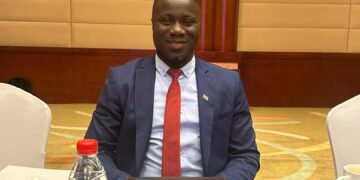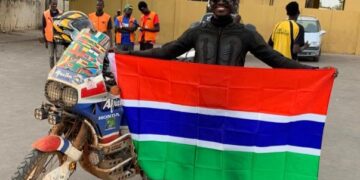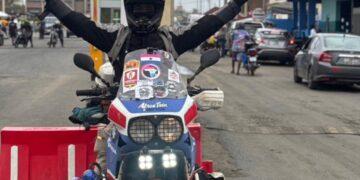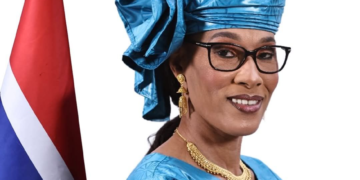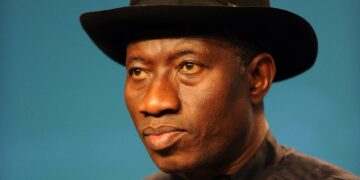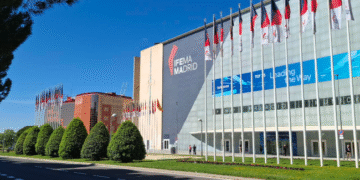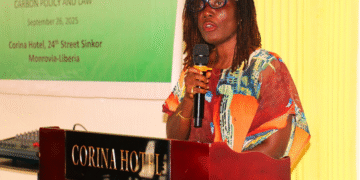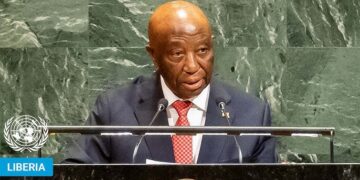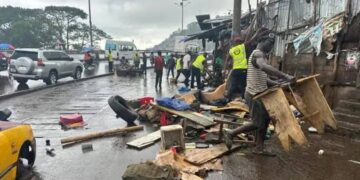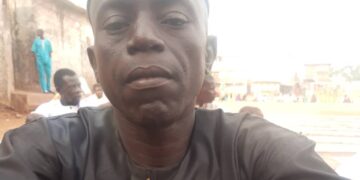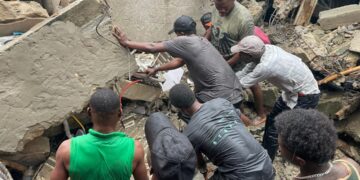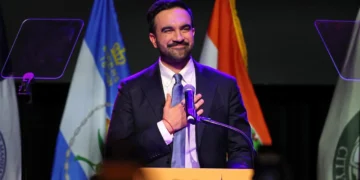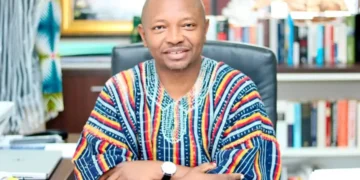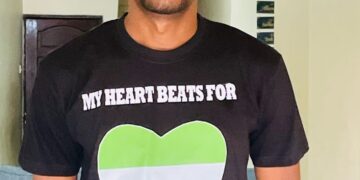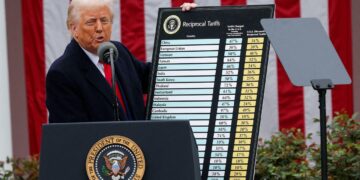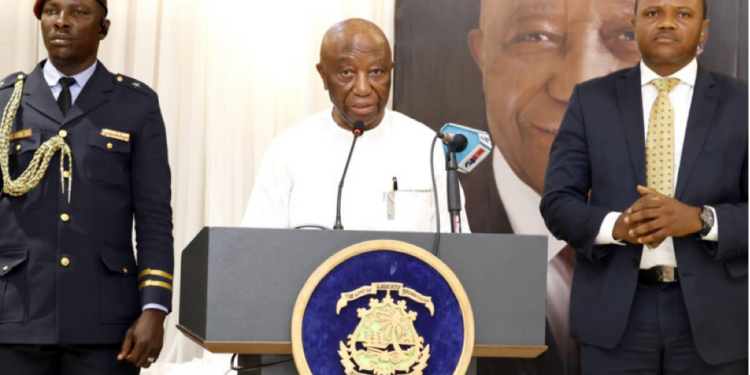Monrovia, Liberia — Liberia’s President Joseph Boakai has reaffirmed his administration’s commitment to press freedom and free speech, assuring media professionals that under his leadership, there will be no political prisoners and no suppression of the press in Liberia.
The Liberian leader made the declaration during his first official engagement with the national media on Thursday at the Ellen Johnson Sirleaf Ministerial Complex in Paynesville, just outside the capital, Monrovia.
The event brought together editors, publishers, reporters, and media executives for a high-level dialogue on press freedom and the role of journalism in Liberia’s democratic development.
“Liberia is setting an example across Africa in championing press freedom,” President Boakai said. “We remain steadfast in our support of the Table Mountain Declaration not merely as a written commitment, but as a living pledge to defend journalists and protect media freedom.”
Boakai’s public assurance comes at a critical time, reinforcing Liberia’s stance as a regional leader on media rights. His administration’s position marks a continued departure from the country’s turbulent past, where decades of civil conflict and authoritarian rule, including a 14-year war that claimed over 250,000 lives that left deep scars on civil liberties and freedom of expression.
He continued by saying, “This evening, I stand before you to reaffirm the commitment under my leadership Liberia will have no political prisoner and no press suppression. We will not shy away from the questions; instead, we will listen.” President Boakai told journalists in Monrovia.
The situation worsened during Liberia’s 14-year civil conflict, when both government forces and rebel groups targeted journalists. Independent media struggled to operate under fear and violence.
Significant progress was made in the post-war era, especially under President Ellen Johnson Sirleaf, who publicly committed to a freer press. However, challenges persisted, including threats, economic pressures, and occasional arrests of journalists.
Despite progress, Liberia’s press continues to navigate political pressure, safety concerns, and the need for institutional reforms.
The Liberian president emphasized that his commitment is more than symbolic describing. Freedom of the press is vital to rebuilding trust in public institutions and encouraging civic participation, adding that a free press sets the tone for “governance,” the president stated, while urging media professionals to ground their work in facts.
“Let us build a society where facts and traditional values matter, where the media thrives, and where government and the press move in the same direction for the good of the Liberian people.”
President Boakai praised the Liberian media for its critical role in nurturing the country’s post-war democracy, acknowledging that freedom of the press is not a privilege but one that must be “defended, expanded, cherished, and institutionalized.”
President Boakai further announced that access to information would remain a fundamental right under his administration and pledged to uphold the Kamara Abdullah Kamara Act of Press Freedom.
In 2019, The Kamara Abdullah Kamara Act of Freedom of Speech, a landmark law that decriminalized speech offenses, including sedition and criminal malevolence, which had previously been used to silence dissent during past regimes.
The act, named in honor of the late journalist and press freedom advocate Kamara Abdullah Kamara, repealed sections of Chapter 11 of Liberia’s 1978 Penal Law, including provisions that criminalized libel against the president. These laws were weaponized by authoritarian regimes, most notably following the 1980 military coup led by Samuel K. Doe, under whose rule journalists were frequently prosecuted, imprisoned, or even killed for their reporting.
Boakai’s reaffirmation of press freedoms in his first media engagement signals a strong intention to foster a transparent, open, and accountable government. As Liberia continues to navigate its democratic consolidation, the tone set by the Liberian President Boakai hopes to shape how the country’s fourth estate holds power to account in the years ahead.
However, the President of the country press union, Julius Kanubah in his remark, acknowledged that although the country has made some significant progress in upholding press freedom, the Liberian media continues to be grossly challenged in terms of human and financial resources.
Kanubah pointed to the fact that “journalists’ take-home pay cannot take them home.” He registered how the shutdown of USAID support, especially its media development interventions, has created a big gap affecting the capacity building and institutional strengthening of the media across the country.
Kanubah then called on the “Liberian government to assume some of the shocks” from the shutting down of USAID support.

